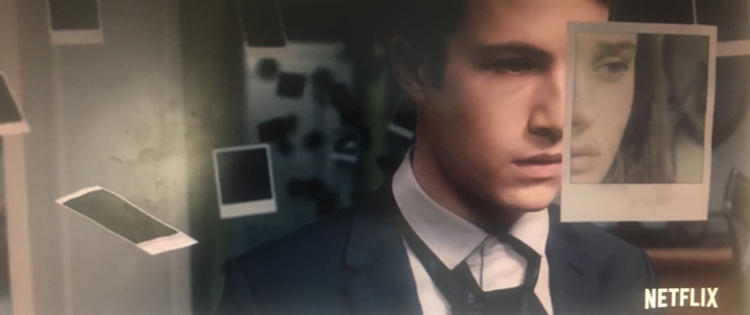Does playing the blues cause the blues?
Does playing the blues cause the blues? https://mediatrics.com/wp-content/themes/corpus/images/empty/thumbnail.jpg 150 150 Mediatrics Mediatrics https://mediatrics.com/wp-content/themes/corpus/images/empty/thumbnail.jpgQ: My 14-year-old son is a talented and dedicated musician. My wife and I love to see him developing his gifts, but we worry that the type of music he plays, mostly Blues, is too dark and depressing. How does music affect a teen’s sense of self, brain development, and happiness? What can we do to help him build a positive outlook for the future without obstructing his musical growth?
Music Man in
A: Dear Music Man,
This is a really interesting question—the way you phrased it truly acknowledges both left-brained learning and right-brained creativity, and it respects your son’s need to develop both. I applaud your focus on supporting his development as a musician while also asking critical questions about the kind of music he's playing.
There is not much research specifically on this topic, but one study found that people who were fans of the blues were no more likely to be accepting of suicide than fans of other music. So even though the blues as a form can be quite dark and depressing to listen to, listening to them doesn't appear to negatively affect people's mental health. In fact, playing the blues might even be a way to express emotions and experiences that would be difficult to communicate in other ways. That seems to be how it worked for the musicians who originally developed it—they created blues in response to the particular difficulties that Black Americans faced in Jim Crow America, and it served as an outlet for their struggles and concerns.
Adolescence is a time of struggle and soul searching. Just as many of the first blues musicians used music to express frustrations, he may be using music (at least in part) to process his way through his teen years. Music of all kinds can give adolescents a way to access and express emotions that they are not yet equipped to identify or handle. In addition, by developing the deep understanding of music and lyrics that it takes to interpret and perform that music really well, your son has the potential to become an increasingly focused and critical user, as well as creator, of that medium.
If you are concerned or feel shut out of his process, the music your son plays can actually give you a way to broach topics that might otherwise feel off-limits. For example, when he plays a song you find especially dark, ask him what he thinks and likes about it. This can be a way of opening a conversation about his world, providing an opportunity to ask for insight into his process in a non-threatening, supportive and respectful way.
Enjoy your media and use them wisely,
The Mediatrician




